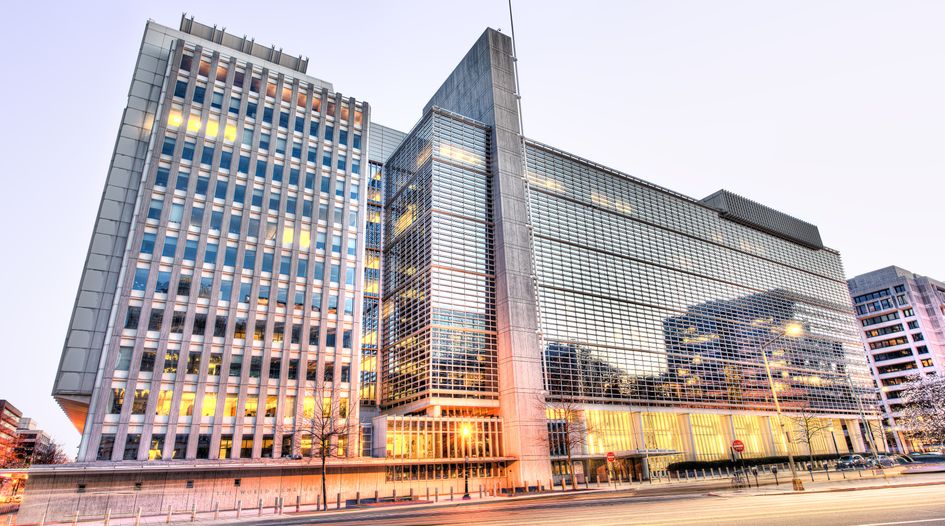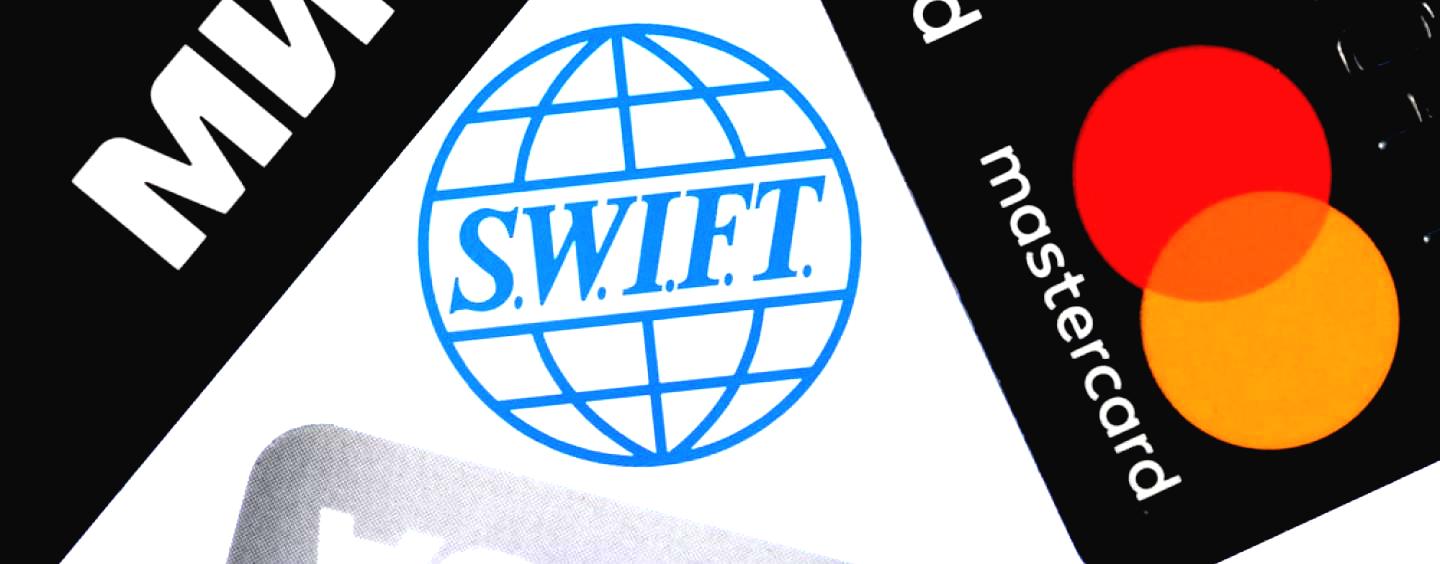MAC Affiliate Conference in Yerevan
Redbridge is honored to have served as the legal advisor for the recent MAC Affiliate Conference in Yerevan.
We are thrilled to have supported Europe’s biggest affiliate conference, which took place on May 30-31, 2024, in the vibrant city of Yerevan. This event brought together over 2500 attendees from 50+ countries, including industry leaders, marketers, and innovators, to discuss the latest trends and developments in affiliate marketing.
Our team at Redbridge provided comprehensive legal guidance to ensure the success and smooth operation of this landmark event. We are grateful to the organizers for their trust and to all the participants for their active engagement and insightful contributions. Witnessing the dynamic exchange of ideas and the collaborative spirit of the conference was truly inspiring.
We look forward to continuing our partnership with the MAC Affiliate Conference and supporting future initiatives that drive progress and innovation.





